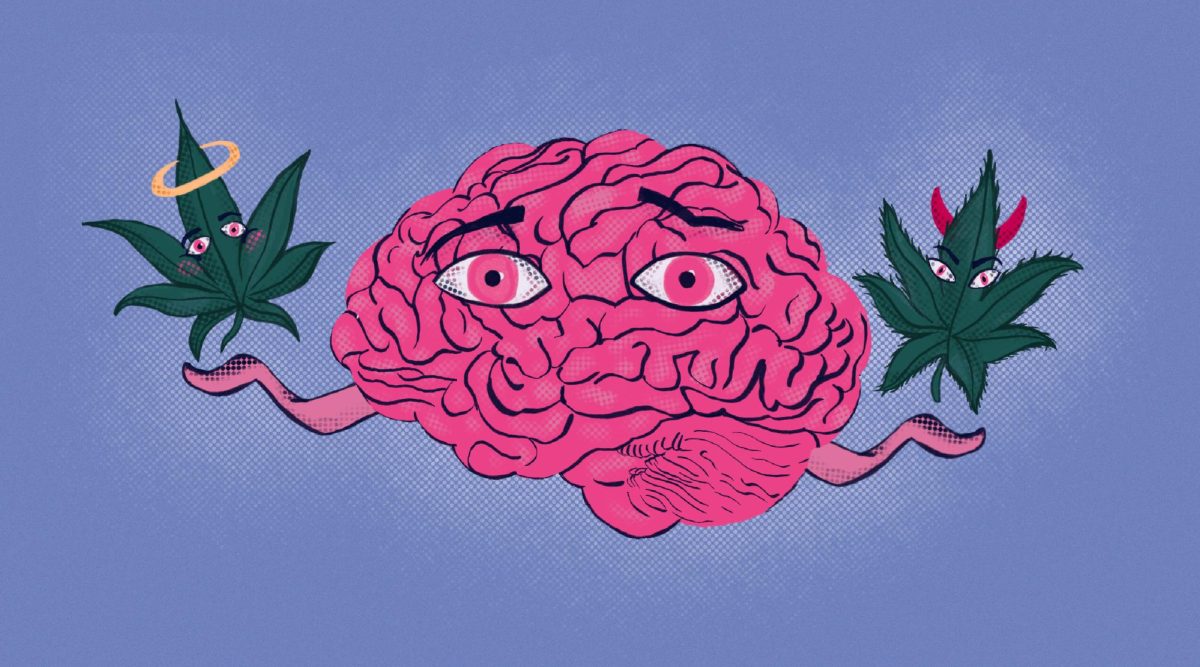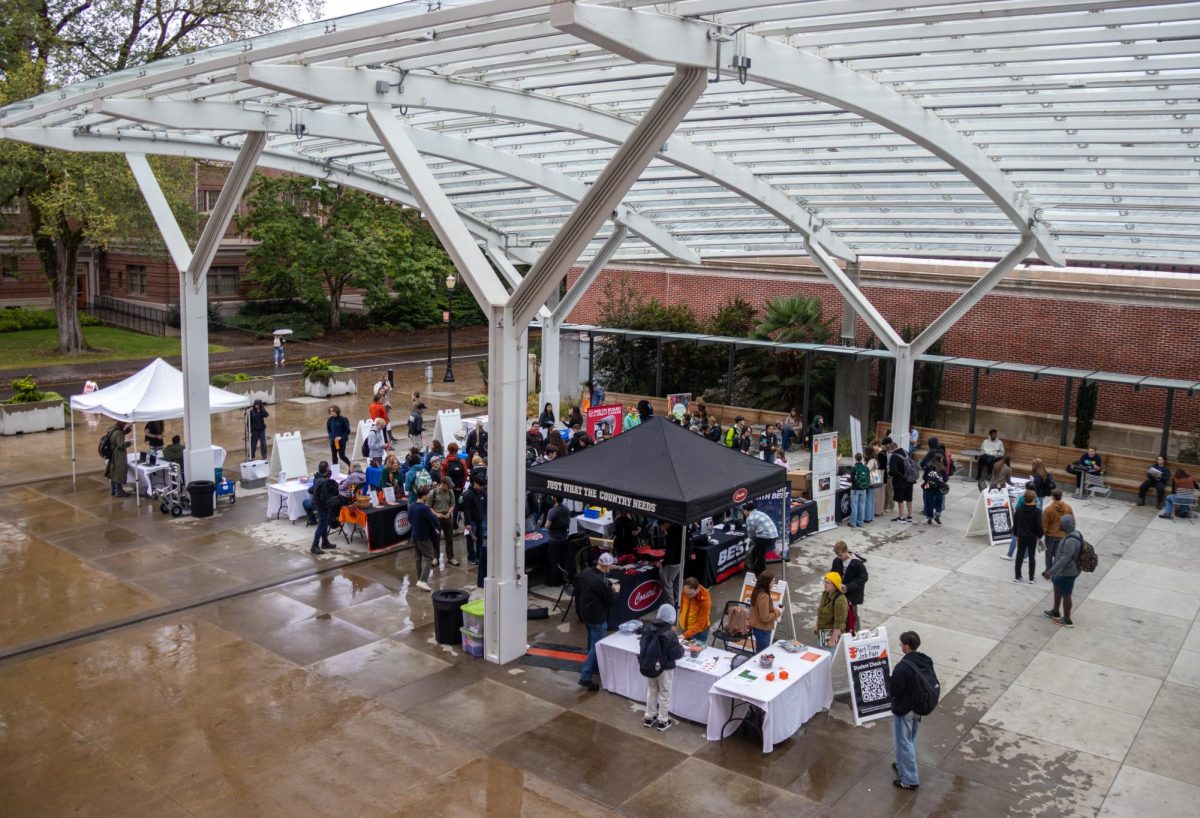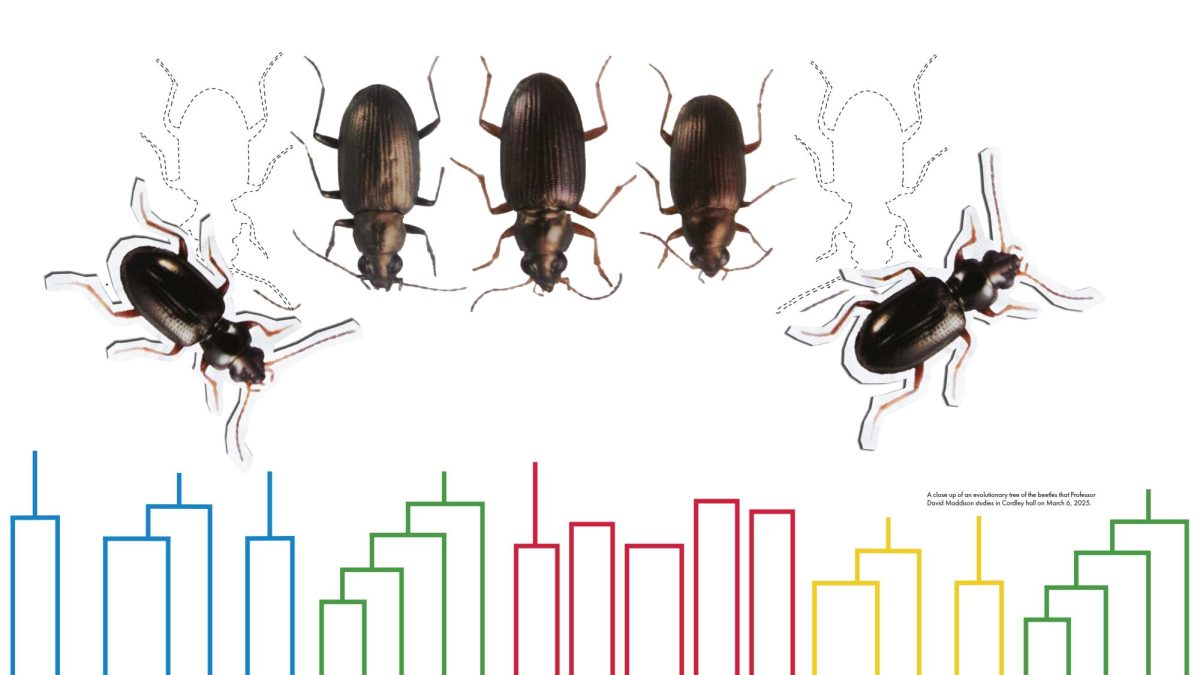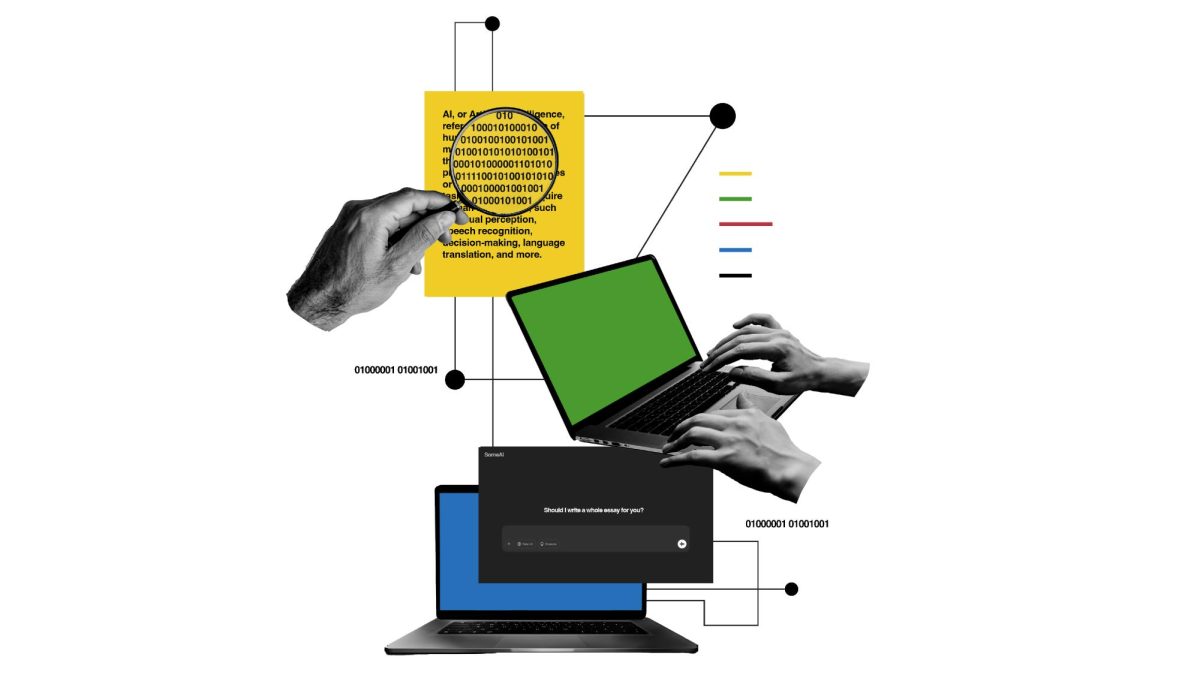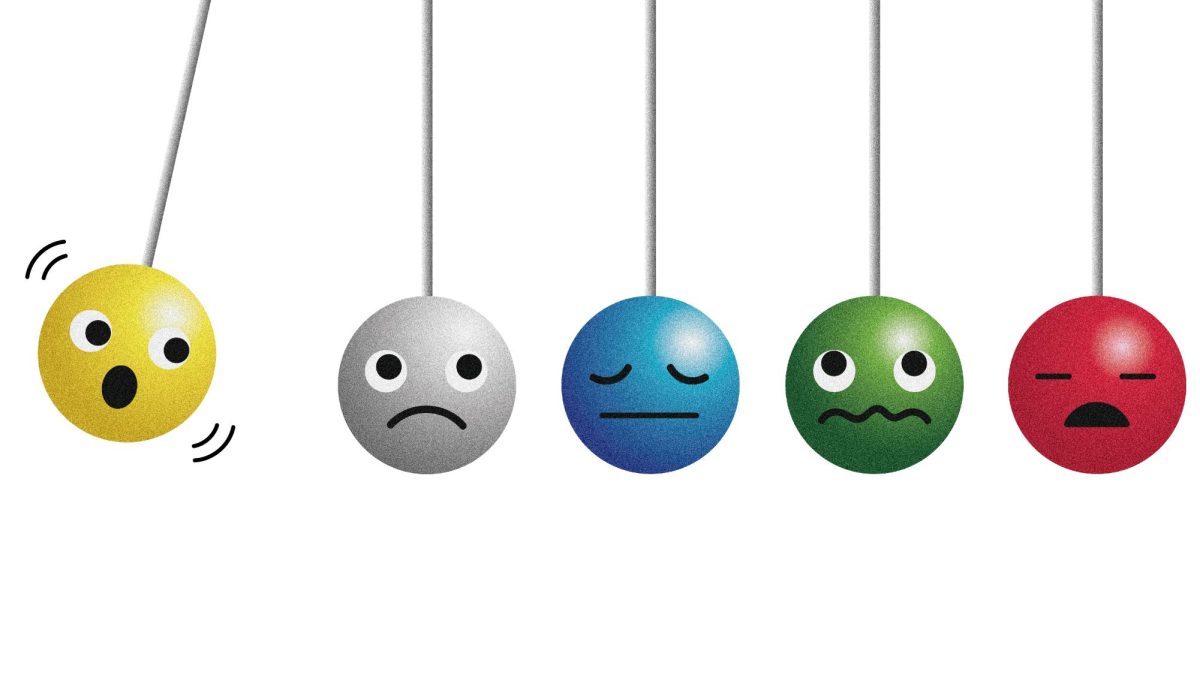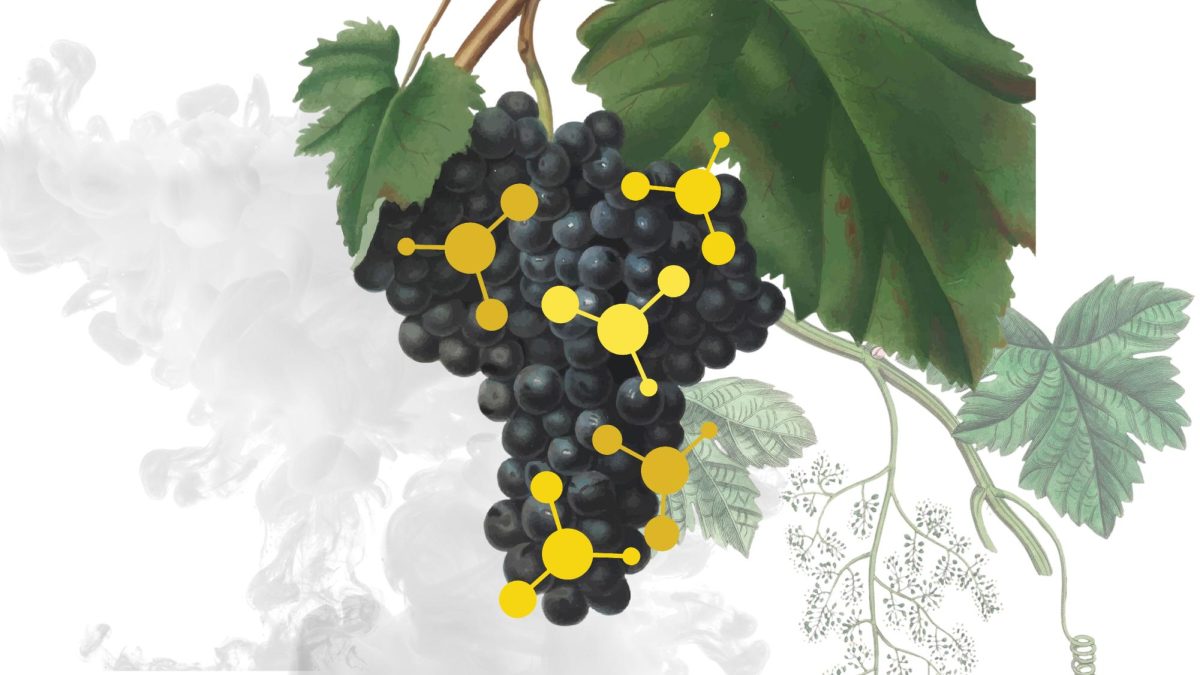College can be stressful. To deal with stress and navigate obstacles, students might seek therapy.
Some might also use cannabis.
More than ever, students are experiencing increased rates of stress, anxiety and depression. Over 20% of students nowadays are using cannabis.
According to Anita Cservenka, the Substance Use & Neurocognition Lab Director at Oregon State University, one of the main motives of cannabis use is to help cope with stress.
Whether or not cannabis use is helpful for reducing stress is a different question.
“Stress-related coping can increase cannabis use and in turn, cannabis use may also lead to greater negative affect and risk for depression,” Cservenka said in an email. “Thus, there seems to be a bidirectional relationship between cannabis use and negative mental health.”
Cservenka said that using cannabis less frequently, in lower quantities, and using lower potency products may help reduce negative impacts. However, not everyone reports experiencing negative mental health side effects.
According to Malia Walker, who graduated from OSU in 2024 with a psychology degree, cannabis can be a tool for relieving stress, anxiety and depression.
“The impacts of cannabis I’ve seen are mostly positive: people learning to relax, feeling more comfortable with who they are, and even helping to heal negative relationships with food/ eating,” Walker said over text.
Walker said she has had avoidant and restrictive food-intake habits since she was a child.
“As an adult when I started experimenting with cannabis, I noticed it made me feel physically hungry,” Walker said. “(Cannabis) helped me enjoy the taste and experience of eating food more. Overall, it seems to lessen my eating anxiety.”
Zoey Riess, a graduate student in OSU’s public health program, said she felt cannabis has the potential to reduce anxiety.
“I believe that there are some people out there that have genuinely had their mental health improved as a result of using cannabis, and there are others that have had the opposite experience,” Riess said over text.
Riess and Walker both said that awareness is key to using cannabis, especially if you’re looking for cannabis to impact your mental health positively. Without doing so, it can be harder to hold yourself accountable or to use cannabis moderately.
Overuse of cannabis can lead to a user developing cannabis dependency.
“Approximately three in ten people who use cannabis have cannabis use disorder,” said Suzanne Beaupre, a policy analyst for the Substance Use Prevention program at Benton County Health Department, in an email.
“It is estimated that people who use cannabis have about a 30% likelihood of becoming addicted,” Beaupre said.
According to Beaupre, the risk of developing cannabis use disorder is higher in individuals who use cannabis frequently during their youth or adolescence.
“Adolescence, a period during which the brain is undergoing major changes, is an extremely poor time period for young people to try cannabis,” Beaupre said.
In legal adults, the risk of cannabis use disorder doesn’t necessarily mean you need to avoid cannabis entirely.
CBD, which comes from cannabis plants, is widely used for its therapeutic effects, such as for chronic pain, preventing seizures, fighting cancer and also as a treatment for anxiety disorders. CBD is not the cannabinoid often used by students, who usually reach instead for THC products, which contain psychoactive effects that induce a high. Experts say that CBD does not have addictive properties, nor the same side effects as THC.
Meaning, if you want to use cannabis for mental health, consider reaching for CBD.
If you do find yourself becoming dependent on cannabis products or other substances, Benton County Health Services has a substance use disorder treatment program, which provides counseling services for those facing addiction.

